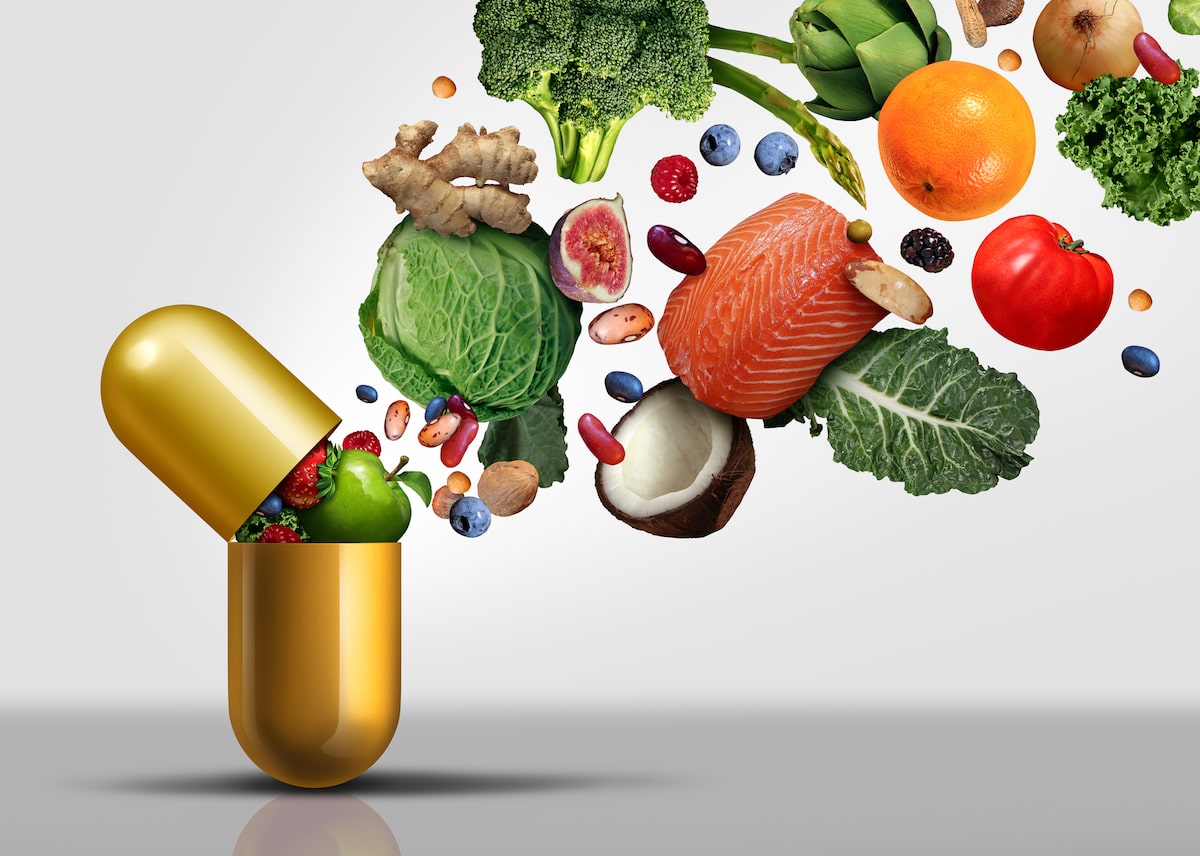<< Back
Vitamins vs. COVID-19? These 3, and Zinc, Will Reinforce Your Immune System

April 20, 2020
What vitamins can help in the fight against COVID-19?
Because COVID-19 comes with cold and flu-like symptoms, Vitamins B, C and D and zinc may be helpful in boosting your immune system and fighting the illness in the same way they can help you get over a cold or flu.
Here’s more information on each:
Vitamin C
Generally, vitamin C can help you fight a cold faster or ease your cold symptoms if you were taking it prior to getting sick. As an antioxidant, vitamin C can help reduce inflammation — and lung inflammation is a severe symptom of COVID-19 — which can lead to respiratory distress or even death. So if you’re still healthy, it doesn’t hurt to start taking vitamin C now.
Food sources: broccoli, brussels sprouts, spinach, cantaloupe, orange, grapefruit, strawberries.
Vitamin D
The primary function of vitamin D is to help your body maintain optimal blood levels of calcium and phosphorous, which you can get through exposure to the sun’s ultraviolet rays, or through supplements and the foods you eat.
Getting enough vitamin D can also protect you from respiratory infections. Vitamin D supplementation is stated to significantly decrease the chance of respiratory tract infections, based on clinical studies published in the Journal of Pharmacology and Pharmacotherapeutics.
Food sources: salmon, tuna, sardines, fortified cereals/juices, milk, cheese, egg yolks.
B-complex vitamins
Vitamin B6 is essential to keeping your immune system in top condition. Be sure to get enough vitamin B as part of your daily diet or in a multivitamin.
Food sources: kidney beans, poultry, meat, milk, eggs, fortified cereals/bread, sunflower seeds.
Zinc
Popping a zinc throat lozenge or taking an over-the-counter cold remedy with zinc in it (as a syrup or tablet) may shorten the length of rhinovirus colds. Zinc also helps symptoms — nasal congestion, nasal drainage, sore throat, and cough — resolve sooner. Zinc has also been found to help produce and activate T-cells (t-lymphocytes), which trigger the body to respond to infections, according to the National Institutes of Health.
Food sources: meat, shellfish, legumes, dairy, seed/nuts, eggs, whole grains.